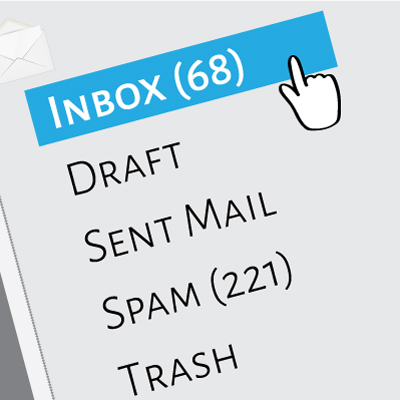There aren’t many successful businesses left that haven’t embraced technology in some ways. Even businesses that took a while to integrate it, like restaurants, are more often than not going to have some type of online ordering or point-of-sale system. Let’s take a look at some of the ways technology helps businesses advance.
Keeping track of your business’ technology is really important for smooth operations and long-term success. You need to monitor things like computers, servers, mobile devices, and software licenses to avoid unnecessary costs and security problems. A good inventory system helps you know what technology you have, where it is being used, and when it needs maintenance or replacement. This ensures that your team has the right tools when they need them, which boosts productivity and growth.
Microsoft Excel is a great productivity tool and can be used in a lot of different and interesting ways.
Video conferencing has become a must-have tool for businesses, especially after the rise of remote work due to the COVID-19 pandemic. It used to feel like something from science fiction, but now it’s a key part of how we work together. Video meetings are not only more reliable and easy to use, but they’ve also become a lot more accessible, helping people connect no matter where they are. Let’s take a look at some of the ways video conferencing has improved:
For most people, their email inbox can get pretty intimidating. You miss a day of work for personal reasons and you probably need to schedule about double the time getting to all of the updates, responses, and junk that comes in in a short amount of time. In this month’s newsletter we thought we’d go through a few tips that can help anyone better manage their email and keep their accounts secure.







